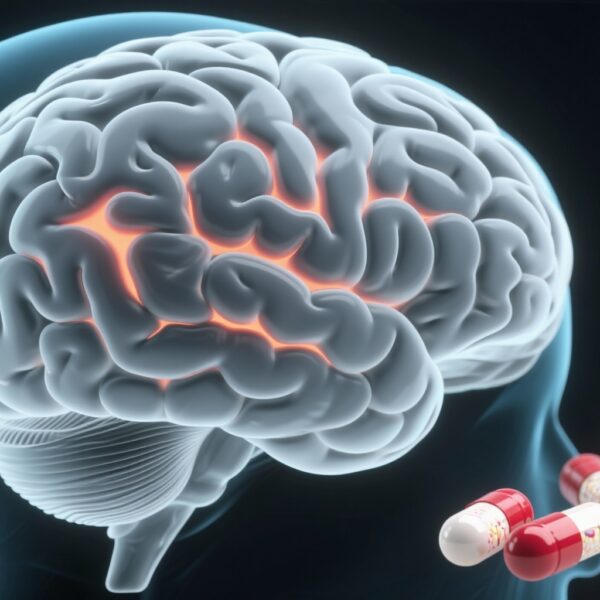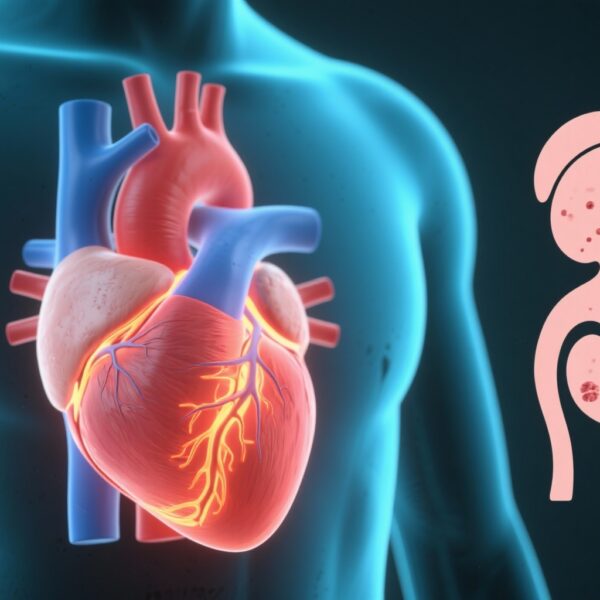Highlight
This multicenter German study systematically compares cognitive self-control abilities among individuals with pathological, risky, and nonproblematic internet use, focusing on four major PUI types—gaming, shopping, pornography, and social networking. It finds that pathological users exhibit significant deficits in executive functioning, decision-making, and stimulus-specific inhibitory control, which appear nuanced by the subtype of internet use disorder.
Self-reported measures, notably attentional impulsivity and self-directedness, differentiate risky users from nonproblematic users despite similar behavioral performance, suggesting early subjective awareness of control difficulties. These findings underscore the heterogeneity within PUI and have direct implications for designing targeted behavioral interventions.
Study Background
The ubiquity of internet-enabled activities has led to increased recognition of problematic usage of the internet (PUI), a behavioral pattern marked by impaired control and adverse psychosocial outcomes. PUI encompasses distinct manifestations such as gaming disorder, compulsive buying, problematic pornography consumption, and excessive social networking. Given that diminished self-control and cognitive deficits are often implicated in addictions, understanding the neurocognitive profiles of different PUI types is critical.
Research on cognitive impairments in PUI is limited, particularly studies that clinically validate PUI diagnoses and employ comprehensive neuropsychological testing. Such insights could inform precision interventions to prevent progression from risky to pathological patterns and improve clinical management.
Study Design
This longitudinal multicenter study in Germany enrolled a total of 1,013 participants from October 2021 through August 2024, divided into three groups based on clinical interviews: pathological use (N=284), risky use (N=305), and nonproblematic use (N=424). Diagnostic interviews assessed four PUI subtypes: gaming, buying-shopping, pornography use, and social networking.
All participants underwent a battery of neurocognitive assessments confirming functional domains relevant to self-control and executive function. Tests included the Modified Card Sorting Test (cognitive flexibility), Stroop Test (inhibitory control), logical reasoning, Game of Dice Task (decision making under risk), delay discounting (impulsivity in reward valuation), and a specially designed go/no-go task with internet-related stimuli (stimulus-specific inhibitory control). Self-report scales measured attentional impulsivity and self-directedness.
Key Findings
The study demonstrated significant differences between groups in both behavioral measures and self-reports of self-control abilities, with effect sizes (partial eta squared) up to 0.14 for self-reports and 0.06 for behavioral tasks, indicating small to moderate differences.
1. Pathological Users: This group exhibited the most pronounced deficits across neurocognitive tasks, including reduced executive function, impaired decision making, and diminished inhibitory control, particularly in response to internet-related cues. These findings support a model where severe addictive use disrupts broad cognitive control systems.
2. Risky Users: Behaviorally, risky users performed similarly to nonproblematic users on cognitive tasks but reported greater attentional impulsivity and reduced self-directedness. This dissociation suggests a subjective awareness of emerging control difficulties possibly preceding measurable behavioral impairments.
3. Nonproblematic Users: This group clustered at the higher end of performance and self-reported self-control, serving as an important comparator.
4. PUI Type Interaction: Post hoc analyses revealed significant interaction effects between PUI subtype and cognitive performance. For example, gaming disorder participants showed stronger deficits in decision-making tasks, while compulsive buyers exhibited more impulsivity on delay discounting, indicating heterogeneity in neurocognitive profiles.
Expert Commentary
This study robustly characterizes cognitive control deficits across a spectrum of problematic internet use, emphasizing the importance of differentiating PUI subtypes for clinical practice. The combination of clinically validated samples and extensive testing addresses important prior methodological gaps.
However, effect sizes remain modest, and the cross-sectional nature limits causal inference about cognitive decline progression. Future studies with longitudinal follow-up could clarify whether observed deficits are premorbid traits or consequences of PUI.
Mechanistically, deficits in executive function and inhibitory control resonate with neurobiological models of addiction implicating prefrontal cortex dysregulation. The use of stimulus-specific go/no-go tasks is an innovative approach to detect context-dependent control failures.
Conclusion
This study advances understanding of how self-control abilities vary among individuals with different severities and types of problem internet use. The findings support that cognitive control impairments, especially inhibitory control and decision-making, underlie pathological use and potentially evolve during addiction progression. Risky users’ heightened self-perceived impulsivity warrants early preventive strategies.
Clinical interventions aiming to remediate self-control deficits in PUI should consider PUI-specific cognitive profiles to tailor therapeutic content. Cognitive training and behavioral therapies focusing on executive function improvement might reduce progression to pathological stages. This research also highlights a critical translational gap between neurocognitive assessment and personalized intervention design in digital behavior-related disorders.
Funding and Clinicaltrials.gov
The study was supported by relevant German research institutions as acknowledged by the authors (Müller SM et al.). Specific funding details and clinical trial registration were not stated within the extracted text.
References
1. Müller SM, Antons S, Schmid AM, et al. Self-Control Abilities in Specific Types of Problematic Usage of the Internet: Findings From Clinically Validated Samples With Neurocognitive Tasks. Am J Psychiatry. 2025;182(7):660-670. doi:10.1176/appi.ajp.20240486.
2. Weinstein A, Lejoyeux M. Internet addiction or excessive internet use. Am J Drug Alcohol Abuse. 2010;36(5):277-283.
3. Brand M, Young KS, Laier C, Wolfling K, Potenza MN. Integrating psychological and neurobiological considerations regarding the development and maintenance of specific Internet-use disorders: An Interaction of Person-Affect-Cognition-Execution (I-PACE) model. Neurosci Biobehav Rev. 2016;71:252-266.



